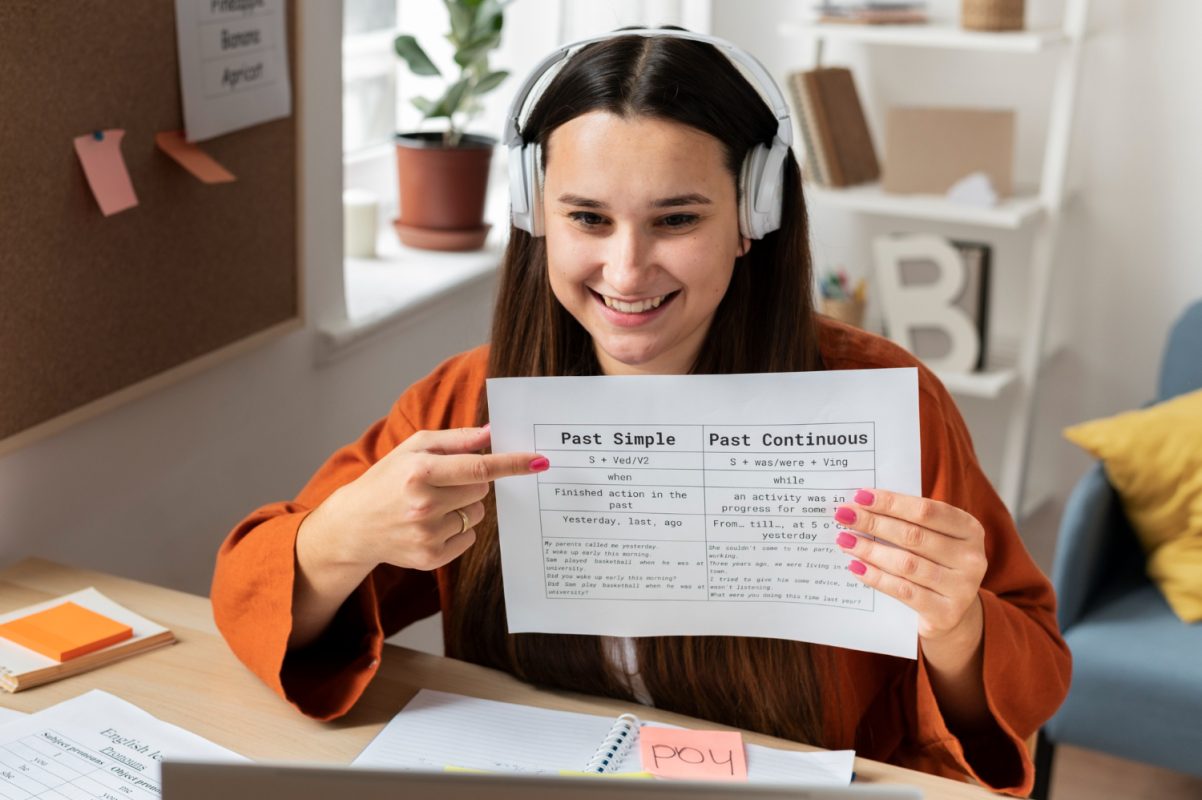Singapore’s Primary School Leaving Examination (PSLE) is a critical milestone in every student’s academic journey. The results of this standardized test determine the path they will take in their educational careers, making it crucial to excel. To aid in this endeavor, tuition centers have long played a pivotal role in preparing students for the PSLE. However, in our increasingly digital age, it’s time to explore how technology can enhance PSLE tuition.
The Changing Landscape of Education Technology
In recent years, technology has revolutionized education across the globe. Singapore, known for its commitment to education excellence, is no exception. Several technology trends are reshaping the traditional tuition landscape:
- Online Learning Platforms: The proliferation of online learning platforms allows students to access resources and lessons from the comfort of their homes. This trend has taken on even more significance in light of the COVID-19 pandemic, as it ensures continuity in education.
- Artificial Intelligence and Machine Learning: AI-driven systems can adapt to students’ learning styles and provide personalized feedback and practice exercises, effectively catering to individual needs.
- Gamification and Educational Apps: Gamified learning experiences make studying more engaging and enjoyable. Educational apps offer interactive content that reinforces learning.
- Virtual and Augmented Reality: VR and AR technologies can create immersive educational experiences, helping students grasp complex concepts more effectively.

Benefits of Incorporating Technology into PSLE Tuition
The incorporation of these technology trends into PSLE tuition can bring several benefits:
- Enhanced Personalization: Technology allows for customized learning paths, adaptive assessments, and immediate feedback, ensuring students get the support they need to excel.
- Engagement and Motivation: Gamified learning experiences and interactive content make learning fun and engaging, motivating students to put in their best effort.
- Accessible Learning: Technology eliminates geographical limitations, making it possible for students from various locations to access high-quality tuition. It also caters to different learning styles and abilities.
Practical Applications of Technology in PSLE Tuition
Several practical applications of technology in PSLE tuition are already making a significant impact:
- Online Tutoring Platforms: Tuition centers are increasingly adopting online platforms. These platforms offer benefits such as flexibility, convenience, and a wide range of resources. Students can receive expert guidance from the comfort of their homes.
- AI-Powered Personalized Learning: AI-driven systems can analyze students’ strengths and weaknesses, tailoring lessons accordingly. This ensures that students focus on areas where they need improvement, optimizing study time.
- Gamification and Virtual Reality: Gamification makes learning enjoyable by turning lessons into games. Virtual and augmented reality can take students on immersive journeys, making complex topics more accessible and memorable.
Challenges and Considerations
While the integration of technology into PSLE tuition brings numerous advantages, there are also challenges to consider:
- Technological Barriers and Access Issues: Not all students have access to the necessary technology, leading to potential inequalities in education.
- Balancing Technology and Traditional Teaching: Striking the right balance between technology and traditional teaching methods is essential to ensure that students receive a well-rounded education.
- Data Privacy and Security Concerns: Safeguarding student data is paramount. Tuition centers must invest in robust data security measures to protect students’ privacy.

Successful Case Studies
Several tuition centers in Singapore have successfully integrated technology into their PSLE tuition programs. These centers have reported improved student outcomes, including higher PSLE scores and greater enthusiasm for learning.
Preparing Teachers and Tutors
To effectively integrate technology into PSLE tuition, teachers and tutors need proper training and professional development. Collaboration between teachers and technology experts is crucial to design and implement effective tech-driven lessons.
Future Trends in PSLE Tuition Technology
As technology continues to advance, we can expect even more exciting trends in PSLE tuition:
- Virtual Laboratories: Virtual labs will allow students to conduct experiments and learn scientific concepts in a safe and controlled digital environment.
- Personalized AI Tutors: AI tutors will become even more sophisticated, providing personalized support and guidance to students.
- Blockchain-Based Credentials: Blockchain technology may be used to securely store and verify students’ academic credentials, enhancing the credibility of PSLE scores.
In conclusion, technology is transforming PSLE tuition in Singapore. Embracing these technology trends can significantly benefit students, offering enhanced personalization, engagement, and accessibility. However, it’s essential to address challenges and ensure that all students have access to these advancements. As technology continues to evolve, so will the landscape of PSLE tuition, promising a brighter future for Singaporean students. Stay tuned for the exciting developments ahead!

top 10 pharmacies in india https://indiaph24.store/# mail order pharmacy india
best online pharmacy india
https://mexicoph24.life/# mexican mail order pharmacies
pharmacies in mexico that ship to usa cheapest mexico drugs mexican rx online
medication from mexico pharmacy: medicine in mexico pharmacies – buying from online mexican pharmacy
https://mexicoph24.life/# purple pharmacy mexico price list
https://lisinopril.network/# lisinopril 20 mg canadian pharmacy